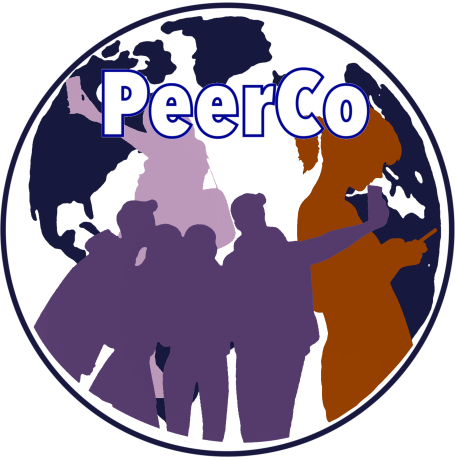Training
Recommendations
The Report on the results of surveys of teachers and students in the context of the Erasmus+ Project provides valuable insight into the learning and teaching experience of students and teachers in the social networks. Through the collection of data and opinions, it seeks to assess the effectiveness of the academic exchanges and their impact on the quality of education. The results highlight not only the expectations and satisfaction of the participants, but also the areas of improvement needed to optimise the project results.
In the framework of this Erasmus+ Project, a teaching and learning activity will take place in Lithuania, where tools designed for teachers to help students improve their relationship with social media will be tested. This approach aims to encourage a more conscious and responsible use of these platforms, promoting positive communication and digital well-being among young people. Through interactive dynamics and innovative resources, educators will have the opportunity to guide their students in creating a more balanced and healthy online experience.
It is essential to promote responsible digital citizenship and ensure online safety, as well as to develop critical thinking skills and media literacy. It is also important to know how to identify and address situations of cyberbullying and online harassment, and to recognize the impact that social media can have on people’s mental health and well-being. To this end, it is advisable to encourage strategies that support balanced and healthy use of these platforms, such as setting limits, managing time effectively, and critically evaluating online content. Likewise, it is crucial to create positive and supportive environments, both in the classroom and in other educational spaces, that foster open dialogue about social media and its implications. Finally, we must work to strengthen self-esteem and promote a positive body image, always emphasizing the importance of self-acceptance and self-respect.


